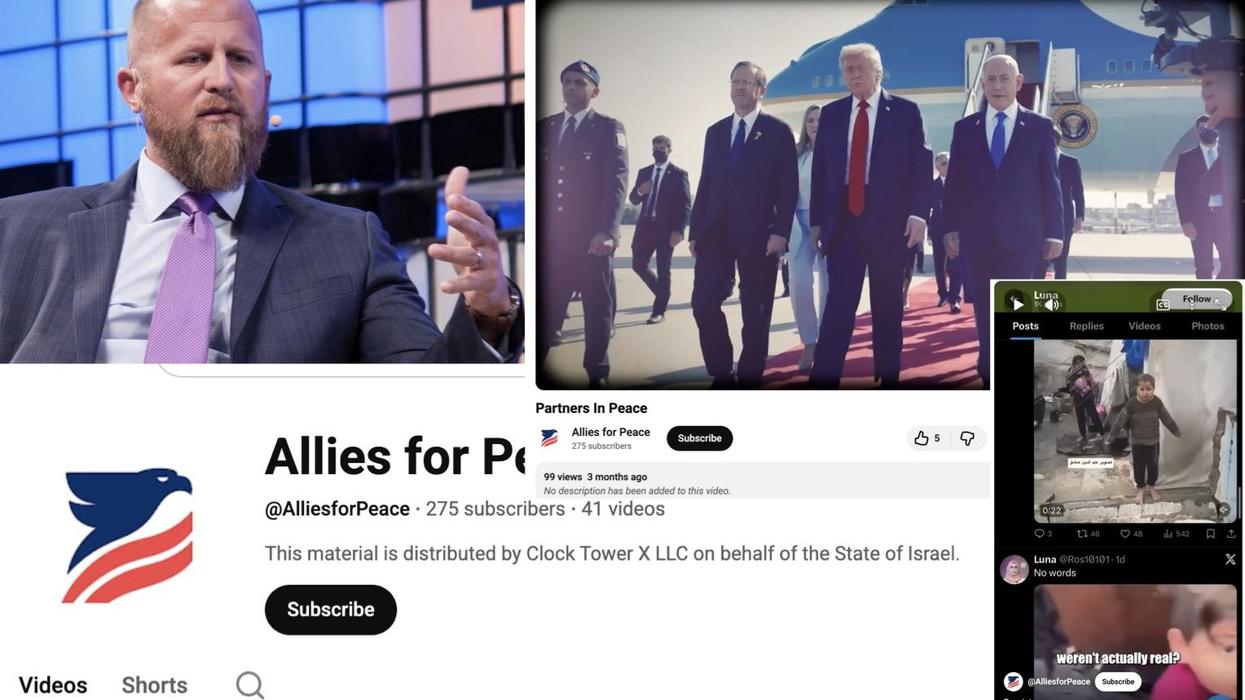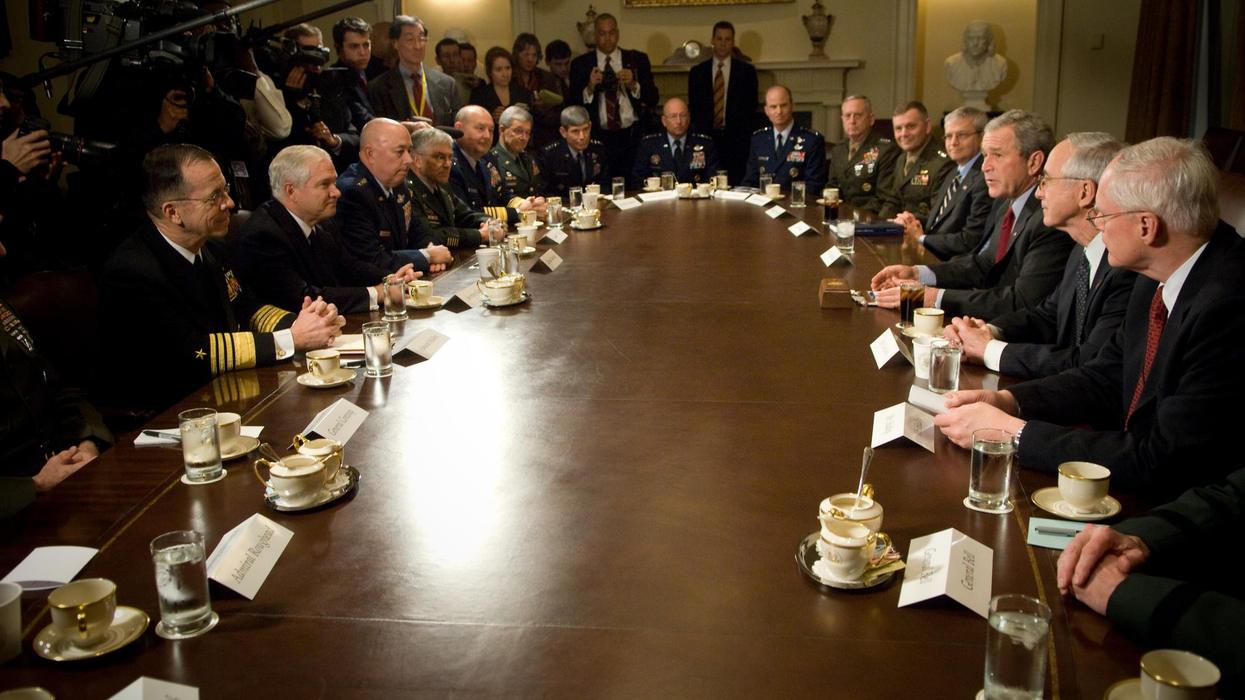Many in the U.S. foreign policy establishment expect South Korea’s foreign policy to shift closer to the United States, especially on China. Such anticipation is understandable given President Yoon Suk-yeol’s campaign rhetoric, traditional characteristics of South Korean conservative foreign policy, and a highly negative South Korean public perception of China.
During the presidential campaign, Yoon criticized the Moon administration’s attempts to balance Seoul’s relationship with Washington and Beijing as a deferential pro-China policy. In general, South Korean conservative governments have been more inclined to resist domestic opposition to improve ties with Japan and more willing to support stronger Seoul-Washington-Tokyo trilateral cooperation. Since the election, Yoon reinforced these tendencies by selecting foreign policy advisors who hold a strong pro-alliance stance. As anti-China sentiment in South Korea grows, Seoul may find domestic political incentives to avoid being seen as friendly toward China at the expense of harming relations with Washington.
But such observations tend to overlook South Korea’s domestic constraints that may moderate the Yoon administration's stance on engaging in U.S.-led China containment efforts. A new Quincy Institute brief observes that China’s economic importance to South Korea and lack of consensus at the elite and public levels could drive the Yoon administration to avoid a full-throttle alignment with Washington in containing Beijing.
South Korea depends on China for over a quarter of its total trade — larger than its combined trade with the United States and Japan. China is a significant South Korean source of crucial materials and is also by far the largest consumer market for Korean cultural content (Hallyu) and tourism. South Korea will continuously seek to reduce its dependence on China by expanding cooperation with other markets and diversifying supply chains, but the overall economic partnership is too critical for Seoul to break away from easily.
In addition to the economic relationship, there are also political constraints for the Yoon administration in pursuing an overly-aggressive China policy.
South Korean political elites are divided on containing China, with the clearest opposition coming from progressives, who will be maintaining a near supermajority in the national assembly until 2024.
Moreover, the South Korean public tends to be ambivalent about a de facto containment strategy pursued by Washington. To be sure, anti-China sentiments have grown sharply among South Koreans following Beijing’s economic retaliation against the deployment of the THAAD ballistic missile defense system. Nonetheless, South Koreans have maintained great support for a balanced policy in the context of U.S.-China rivalry. South Koreans may not feel friendly toward China, but they do not see it as an adversary to be defeated. As 2021 surveys revealed, South Koreans still tend to find having cooperative relations with China necessary for their economy and dealing with the North Korean nuclear threat. A confrontational China policy can be seen as counterproductive to national interests in the eyes of many South Koreans.
In the past, South Korean governments had occasionally managed to resist a society-wide backlash against controversial foreign policy decisions. But the Yoon administration faces more difficulty resisting such a backlash. Having won his presidency by a thin margin and faced with an opposition party-dominated legislature, Yoon is entering office with limited political capital compared to his predecessors who won their elections by a relatively wide margin and enjoyed a higher level of public support before taking office. To avoid costly political battles, the Yoon administration will need to consult the legislature and the public leading to a general acceptance of a policy change on China.
As Washington ramps up its China containment efforts, there are many minefields to navigate for Seoul. Potential U.S. demands could include deployment of U.S. strategic assets to South Korea, acquiescence to Japanese preferences on historical disputes, participation in multilateral military exercises around disputed seas, assistance to Taiwan in a cross-strait crisis, and imposition of retaliatory tariffs against Beijing — which all will have significant political and economic costs for South Koreans. If such controversial demands are met without first developing a consensus among elites and the wider public, there will likely be an acute backlash.
Indeed, it is telling that Yoon omitted his campaign pledge to deploy an additional THAAD from his 110 key policy tasks. When asked why, his nominee for defense minister Lee Jong-sup said it was a decision “concerning the reality.” This could be the harbinger of things to come as the complex realities of governance sink in.
The Quincy Brief sheds light on the risks of overlooking Seoul’s internal divisions and pushing South Korea to uncritically follow U.S. preferences related to China. Potential negative consequences, according to the analysis, include deepening divisions within South Korea, damaging the U.S. reputation as an ally, and reducing U.S. influence in South Korea. These risks give Washington reasons to moderate its expectations of the Yoon administration’s China policy and refrain from pressuring Seoul to join any strategy that emphasizes extreme competition and containment of China.

















